Wang Shuang, known as the face of Chinese women's football, finally made her first appearance in the current season's League Cup for Tottenham Hotspur Women. Coming off the bench for only 30 minutes, she demonstrated her exceptional dribbling skills and strategic vision to help control the midfield, leading the team to a 2-0 victory over Crystal Palace Women. This win not only secured their advancement to the quarter-finals but also earned her long-awaited applause.
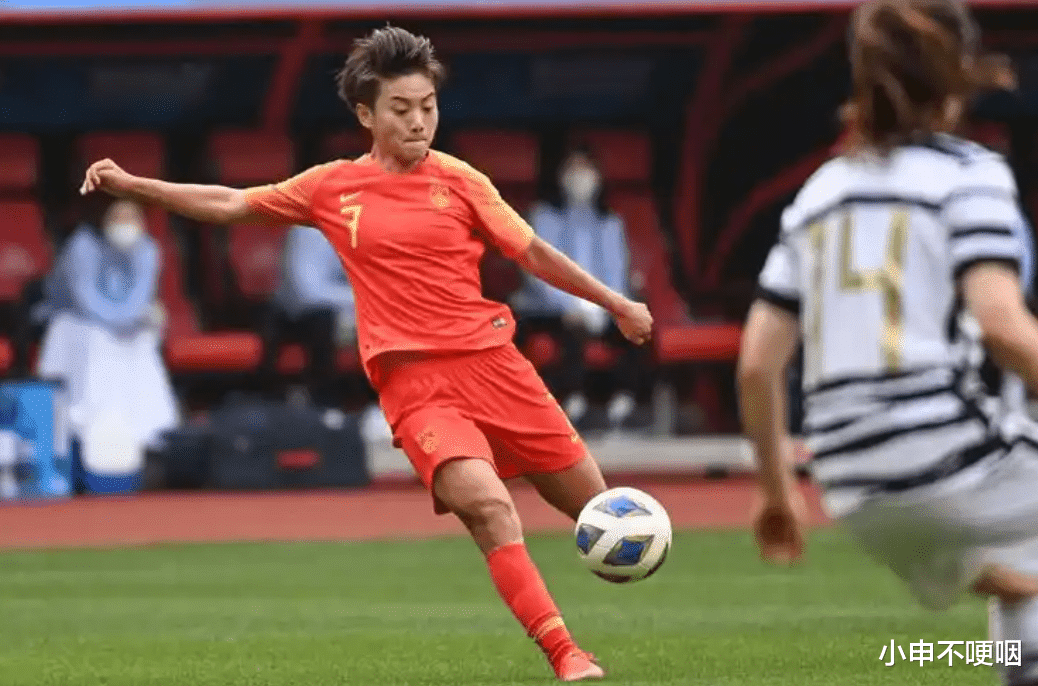
However, a question arises: why did it take so long for Wang Shuang, an Asian Footballer of the Year, to make her debut this season? Is it due to insufficient ability or are there other reasons at play? This uncertainty has not only pained Chinese fans but also prompted a reevaluation of the path for Chinese female footballers abroad.
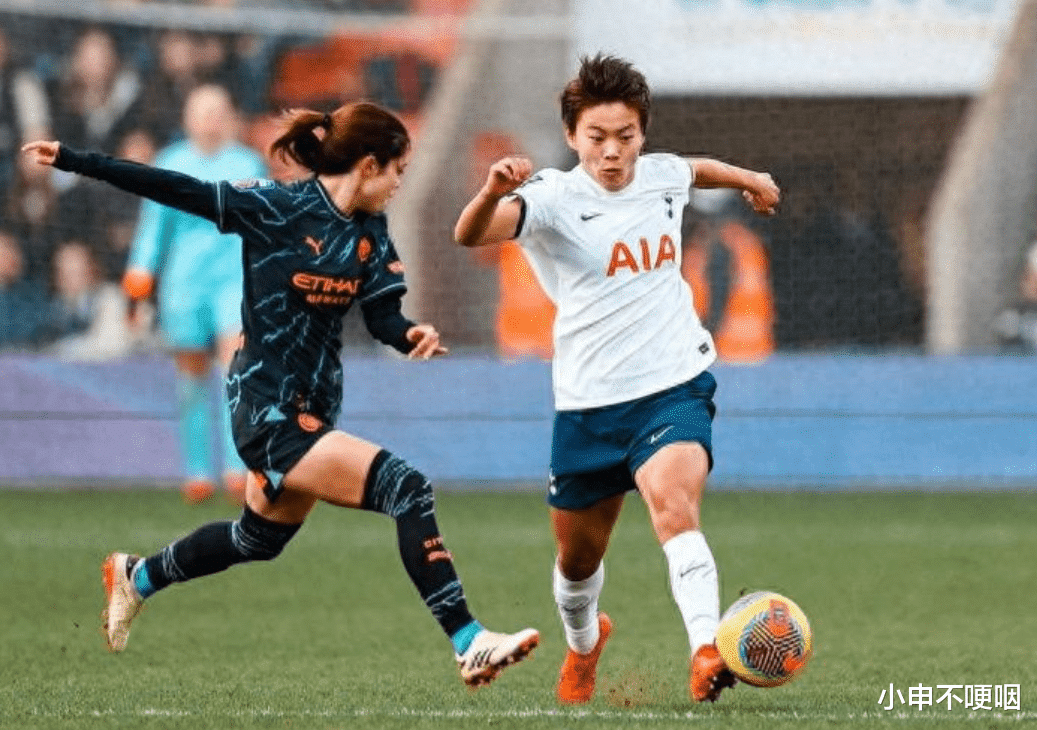
Wang Shuang is considered a "golden seed" in Chinese football. Crowned the Asian Footballer of the Year in 2018, she was thrust onto the international stage. The higher one stands, the greater the challenges become. For a national-level star, playing abroad means not only proving one's competitive level but also earning respect for Chinese football.
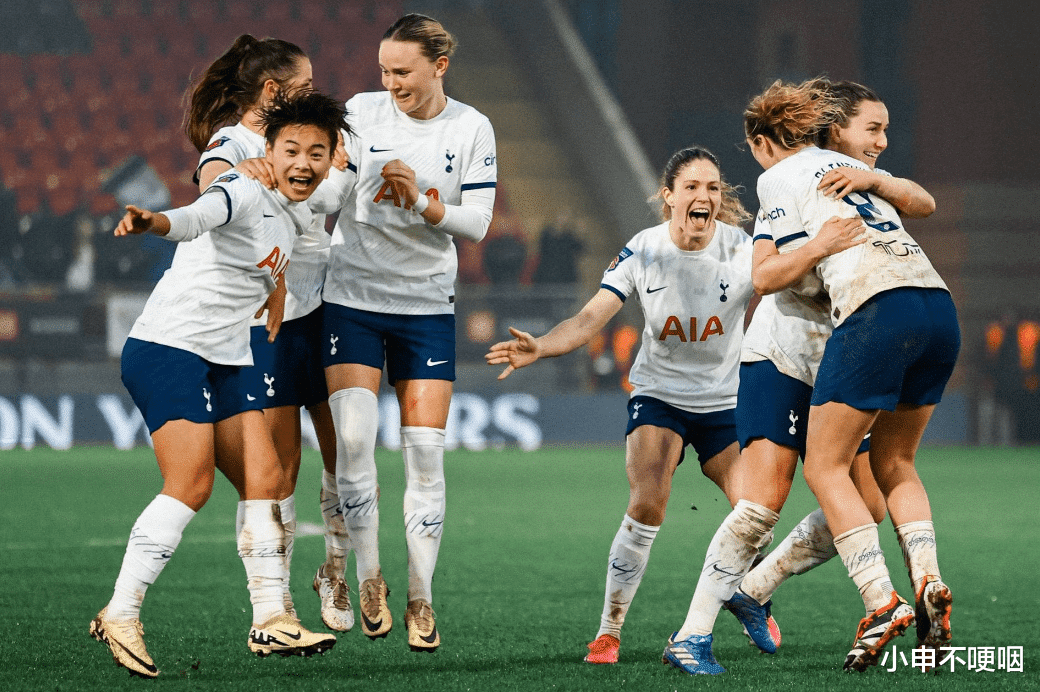
The expectations placed upon her are an invisible pressure. Despite waiting for an opportunity with Tottenham Hotspur Women, Wang Shuang chose to persevere silently, using training to prove herself and actions to declare: "I'm not just here to 'gild the lily.'"

It is well-known that Wang Shuang's technical style is agile and delicate, almost unparalleled in Asian competitions. However, on the high-intensity, fast-paced Premier League Women's field, can this style fully integrate? Perhaps this is the first challenge she must overcome.

Beyond ability, there is also a contest of perspectives: the team's overall tactical choices and strategies for developing foreign players, which cannot be changed by a single player's efforts alone. The typically reserved nature of Chinese female footballers may make it even harder to assert themselves in such an environment.
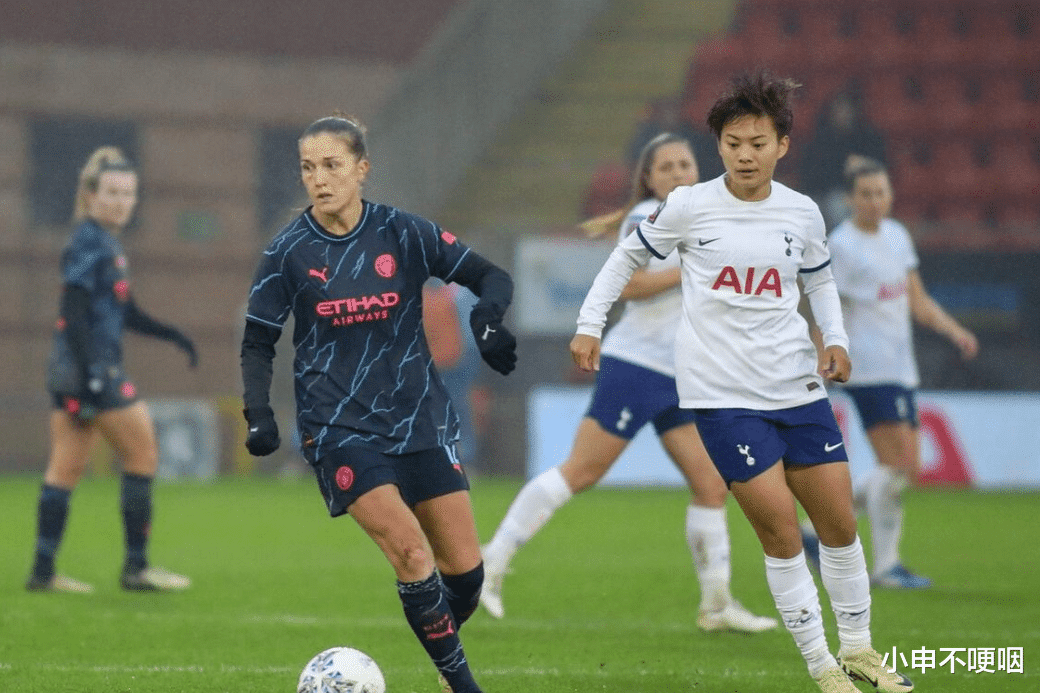
Wang Shuang's move to Tottenham Hotspur inevitably brings to mind Tang Jiali, who previously played for the club. As a technical player, Tang Jiali's experience with Tottenham was filled with ups and downs. In one season, her playing time was limited, including several substitute appearances during garbage time. Ultimately, this talented forward had to give up the English stage and seek opportunities in Spain.
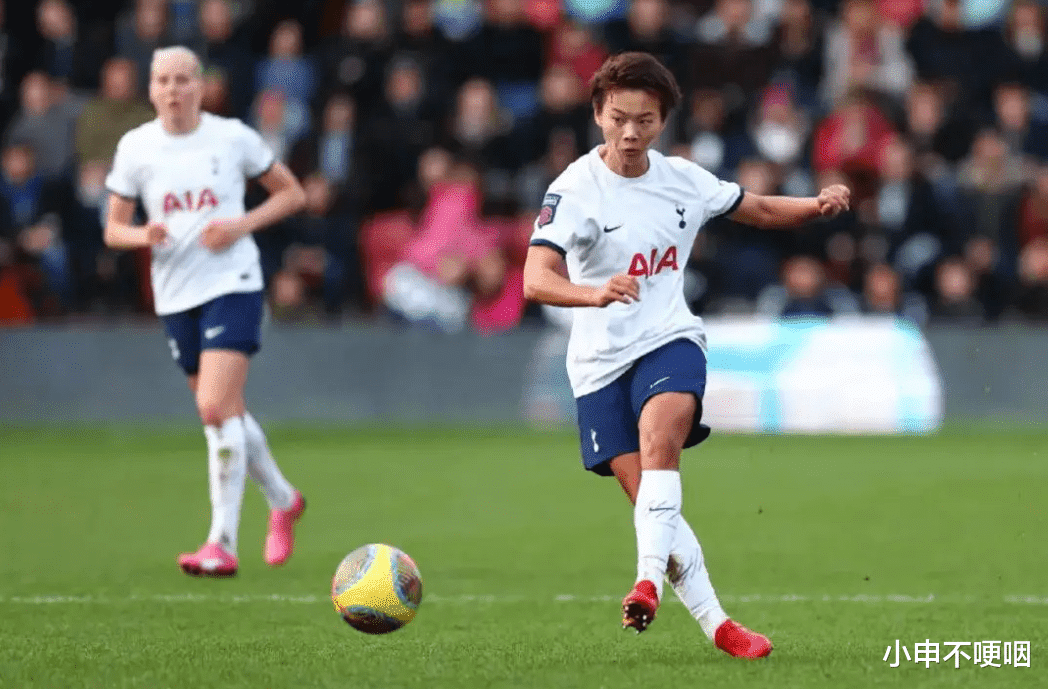
Similarly, Zhao Zhaoxian, once a star player for South Korea's women's team, struggled to establish herself at Tottenham and eventually returned to the lower-tier Championship league.

These examples show that going abroad is not as simple as the imagined path of stepping across Europe to become a hero. They reflect the shortcomings of English women's football teams in adapting to Asian players. The preference for high-intensity, physical play seems to naturally exclude players like Wang Shuang and Tang Jiali, who focus more on technique and flexibility. Additionally, these players may lack the necessary mental and physical preparation when facing challenges, often failing to break through.
Therefore, Wang Shuang's perseverance is invaluable, not only because she waits for opportunities amidst fierce competition but also because she chooses to seek breakthroughs in adversity. These stories make one wonder: does a nurturing ground truly exist for Asian players?
Not only Wang Shuang, but Tottenham Hotspur Women's approach to developing Asian players has been controversial in recent years. Whether it's Tang Jiali's "substitute role" or Zhao Zhaoxian's "marginalization," the results are strikingly similar: they have not occupied important positions within the main lineup nor successfully navigated the growth path of the transfer market. Chinese fans are increasingly skeptical, asking why, despite similar tactical approaches, other European teams like Paris, Bayern Munich, and even Premier League rivals Arsenal can allow Asian players to shine, while Tottenham is left with a reputation for "idle resources."
In contrast, Japanese defender Saki Kumagai has been a regular starter in European football in recent years, impressing with her performances at both Paris Saint-Germain and Bayern Munich. This prompts reflection: where does the problem lie? Is it in team tactics, cultural differences, or do Asian players need a longer period to adapt to European competitions? Each answer is worth considering, especially for the direction of Chinese football's development.
Wang Shuang's persistence and occasional brilliance may offer a glimmer of hope amidst the low point of Chinese women's football. However, no one dares to overlook the reality: the overall competitiveness of Chinese women's football is declining.
From a decrease in the number of overseas players to frequent mistakes in strong-team matches, the difficulties faced by the national team are clear. Among current overseas female players, few have managed to establish themselves in their clubs. Players like Li Mengwen, although given opportunities, struggle to consistently deliver standout performances.
More worrying is that the personal struggles of these overseas players reflect the weaknesses in China's domestic women's football system in terms of player development and adaptation to the international stage. Issues such as immature youth training, inadequate professionalization of the league, and outdated tactical concepts are deeply entrenched. When these problems are bundled onto the shoulders of a single player, expecting her to break through alone in Europe is an unreasonable demand. Even a star like Wang Shuang cannot carry the future of Chinese women's football alone.
Ultimately, Wang Shuang's performance with Tottenham Hotspur thus far tells us that technical skill and talent alone are not enough. In a strictly systematic environment, players need a tenacious mindset and ample opportunities to prove themselves. However, the significance of going abroad extends beyond winning matches; it lies in the attempts to "go out" and gain a deeper understanding of the rules of the European football market, enhancing the ability to respond.
Just as Wang Shuang demonstrated in this match, staying and persevering will ultimately bring opportunities to those who do not easily give up. Perhaps her success can be a beginning, giving us hope for the future.